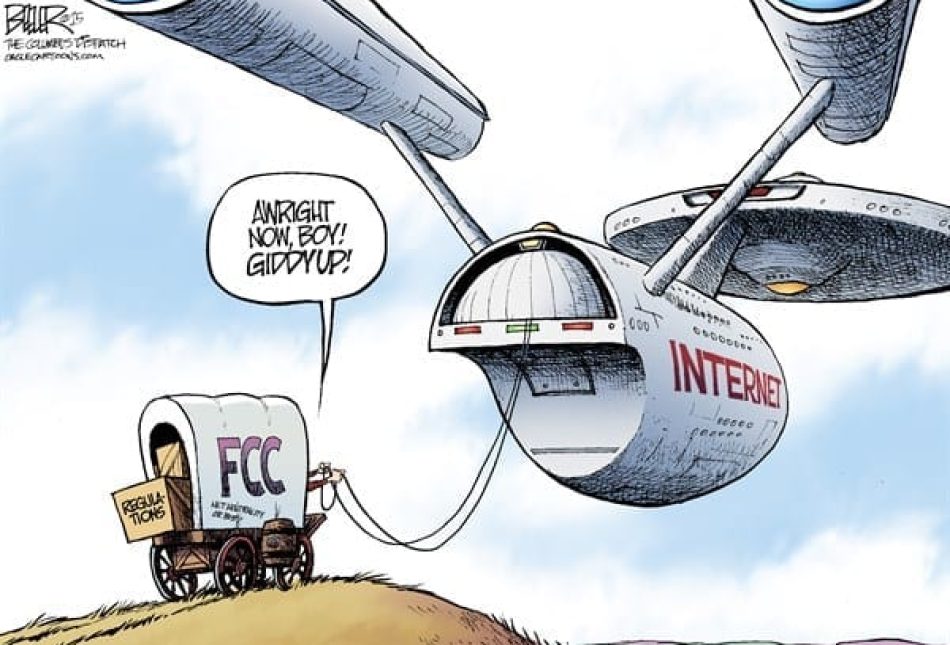Net neutrality under Title II was far from ‘neutral’


Despite the outcry from the political left, Chairman Ajit Pai and the Federal Communications Commission’s decision to end Title II regulation of the internet is the right move for individuals of all political stripes looking to create and share content on the internet. Government rules mandating that internet service providers treat all applications the same provided service providers less incentive to experiment with new ideas of how to get consumers the products they want.
Thankfully, due in part to Pai’s leadership, this ill-conceived rule has now been overturned after just a few years. Notably, Title II flew in the face of years of bi-partisan agreement that government should maintain a “hands-off” policy towards the internet.
In 1996, it was agreed that the internet was an information service and should be classified under the light touch regulation of Title I, not 1934’s Title II, but in 2015, instead of implementing ‘innocuous’ Net Neutrality consumer protections, the Obama FCC forced through a major expansion of regulatory state power by reclassifying the internet under Title II.
Ironically, Title II (what the left calls Net Neutrality) amounts to a massive subsidy for some of the biggest corporations in the world. You see heavy users of the internet love having all traffic treated the same under the law. It is a subsidy imposed on service providers for the benefit of heavy users. Those heavy users include Netflix and Google-owned YouTube which combined consume more than half of all bandwidth on the internet.
I don’t have any problem at all with these companies (aside from their desire to use government to prevent them and their customers from covering the price of their service), but since when do “progressives” support “the little guy” subsidizing mega-corporations? Netflix and Youtube are great businesses, but should it really be the policy of the federal government that their customers can never be charged more than the proprietor of a “mom and pop” online business or even a non-profit like Rio Grande Foundation for its consumption of internet bandwidth?
Once Title II is undone at the federal level, it is critical that the FCC preempt states looking to impose Title II-type restrictions at the state and local level. While this may sound like it goes against the principal of state sovereignty, only Congress has the ability to regulate interstate commerce – and given the inherent interstate and international nature of the internet, this interstate limitation would apply.
Firms looking to sell any type of product have a natural incentive to accommodate the desires of potential customers and improve upon inefficiencies in the current market. Letting that incentive work is how Netflix, Google, YouTube, Amazon, and other tech giants emerged, and it’s how future innovative companies will come about too.
Paul Gessing is the president of New Mexico’s Rio Grande Foundation, a libertarian-oriented think tank based in New Mexico.
